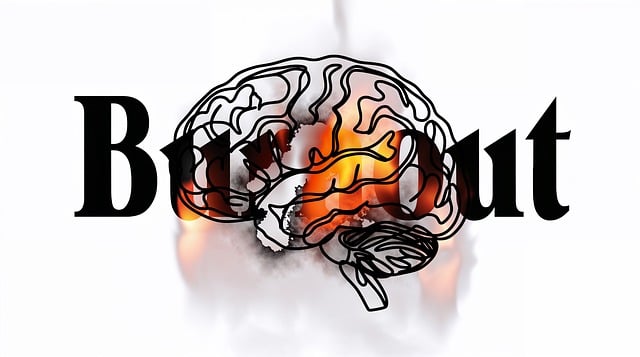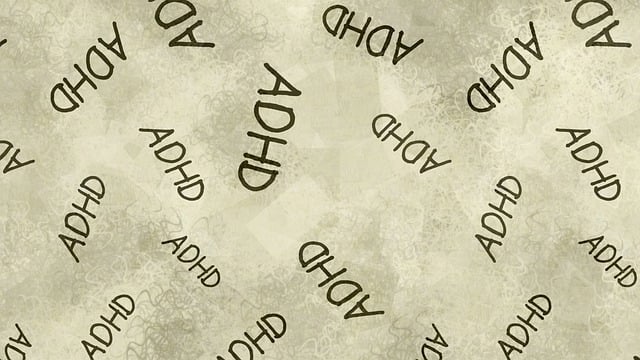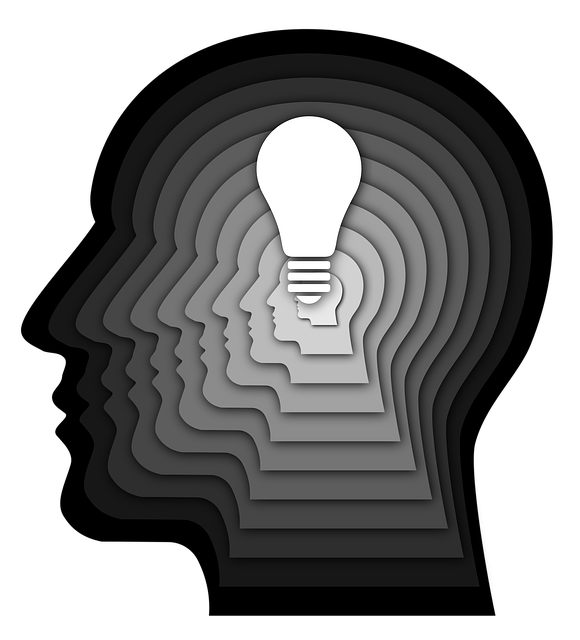Mental wellness journaling is a transformative self-reflection tool for young adults struggling with their mental health, offering an intimate avenue to explore thoughts and emotions through tracking mental states, identifying triggers, and cultivating compassion. Regular journaling enhances emotional resilience, improves relationships, and develops communication strategies for mental health awareness campaigns. As a powerful therapy, it supports mental health evaluations, fostering self-acceptance and empowering individuals in their well-being journey. Setting up a dedicated journaling space and incorporating empathy-building strategies are key to its effectiveness. This practice aids healthcare providers in understanding young adults' unique experiences, offering tailored support, and serves as an alternative to traditional mental health evaluations.
“Unwind your mind and embark on a journey of self-discovery with mental wellness journaling. This powerful tool offers young adults a safe space to explore their thoughts and emotions, serving as a form of therapy accessible to all. In this comprehensive guide, we delve into the benefits of regular journaling for mental health evaluations, providing practical techniques to enhance clarity and overall wellbeing. From understanding its impact to setting up your ideal journaling environment, discover how this simple practice can revolutionize your mental wellness.”
- Understanding Mental Wellness Journaling: A Powerful Tool for Self-Reflection
- Benefits of Journaling for Young Adults' Mental Health
- Setting Up Your Journal: Creating a Safe Space for Expression
- Effective Techniques to Enhance Mental Clarity and Wellbeing
- Tracking Progress: Evaluating the Impact of Journaling on Mental Health
Understanding Mental Wellness Journaling: A Powerful Tool for Self-Reflection

Mental wellness journaling is a powerful tool for self-reflection that can serve as an effective therapy for young adults navigating their mental health. By putting pen to paper, individuals can explore their thoughts and emotions in a way that’s often more intimate and insightful than verbal communication alone. This practice allows one to track their mental state over time, identify triggers, and gain clarity on what brings them peace or distress.
Incorporating compassion cultivation practices into journaling routines can further enhance this therapeutic effect. Writing from a place of kindness towards oneself fosters self-acceptance and emotional resilience. Additionally, communication strategies developed through journaling can be transferred to other aspects of life, improving interpersonal relationships and public awareness campaigns development around mental health issues.
Benefits of Journaling for Young Adults' Mental Health

Journaling has emerged as a powerful tool for young adults to navigate and improve their mental health. This simple yet effective practice allows individuals to process their thoughts, emotions, and experiences in a structured manner. By putting pen to paper, young adults can gain valuable insights into their minds, identify triggers for negative thought patterns, and develop healthier coping mechanisms. Regular journaling has been linked to reduced stress levels, improved mood management, and enhanced overall well-being.
One of the key benefits is its ability to foster positive thinking. Through self-reflection, individuals can challenge negative beliefs and replace them with more realistic, positive affirmations. Additionally, therapy for young adults’ mental health evaluations often incorporates journaling as a therapeutic technique due to its effectiveness in encouraging open communication and self-awareness. This practice can also help in building cultural competency among healthcare providers by offering a window into the unique experiences of young adults from diverse backgrounds, thereby enhancing their ability to offer tailored support and guidance.
Setting Up Your Journal: Creating a Safe Space for Expression

Setting up your journal is the first step in creating a safe space for expression and exploring mental wellness. Choose a location free from distractions where you can be alone and feel comfortable. Your journal should be a personal, private sanctuary—a place where you can write openly and honestly without fear of judgment. Consider decorating your journaling area with items that bring you comfort or inspire feelings of calm, such as candles, soft fabrics, or nature-themed decorations. This physical setup will help signal to your mind that it’s time to relax and engage in self-care.
Just as important as the space is what you put within it. Begin by selecting a journal that feels right for you—one with a design or layout that appeals to your personal style. Consider using prompts or guided exercises at first if you find yourself stuck. Empathy building strategies and compassion cultivation practices can be incorporated into your journaling routine, allowing you to reflect on your experiences with kindness and understanding. Remember, this is a mental health evaluation of your inner world, so be sure to set aside dedicated time each day or week to write openly about your thoughts, feelings, and observations.
Effective Techniques to Enhance Mental Clarity and Wellbeing

Mental wellness journaling is a powerful tool for young adults seeking to enhance their mental clarity and overall wellbeing. Through this introspective practice, individuals can develop self-awareness exercises that help them navigate life’s challenges with greater resilience. By reflecting on their thoughts, emotions, and experiences, they begin to understand the mind-over-matter principles at play in their daily lives. This process fosters a deeper connection with oneself, allowing for more informed decision-making and improved mental health evaluations over time.
Journaling encourages individuals to pay attention to subtleties often overlooked in the hustle and bustle of daily routines. It enables them to identify triggers for stress or anxiety and develop coping strategies tailored to their unique needs. Regular mental wellness journaling can be a game-changer, transforming chaos into calm and promoting mental health awareness among young adults.
Tracking Progress: Evaluating the Impact of Journaling on Mental Health

Tracking one’s progress through mental wellness journaling can be a powerful tool for evaluating the impact of this practice on overall mental health, particularly among young adults. By regularly documenting thoughts, emotions, and experiences, individuals can gain valuable insights into their emotional landscapes. This process allows for identifying patterns, triggers, and coping mechanisms that might otherwise go unnoticed. For example, a young adult struggling with anxiety may notice increased stress levels during exam periods and subsequent improvements after adopting mindfulness meditation techniques, as detailed in their journal.
Over time, these mental health evaluations can serve as a form of therapy, fostering self-awareness and personal growth. The act of putting pen to paper provides a safe space for expression, enabling individuals to process their feelings and reflect on their progress. This practice aligns with the principles of both therapy and mindfulness meditation, offering a simple yet effective strategy for managing and improving mental wellness. Additionally, community outreach program implementations could benefit from such data-driven insights, informing tailored interventions and support services for at-risk populations.
Mental wellness journaling is a transformative therapy for young adults, offering a safe space for expression and self-reflection. As demonstrated through mental health evaluations, this practice enhances mental clarity, improves emotional regulation, and promotes overall wellbeing. By integrating effective journaling techniques into their routines, individuals can gain valuable insights, track progress, and cultivate a more positive mindset. Encouraging young adults to embrace mental wellness journaling can be a powerful step towards better managing their mental health and navigating life’s challenges with resilience.













